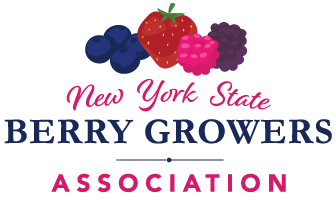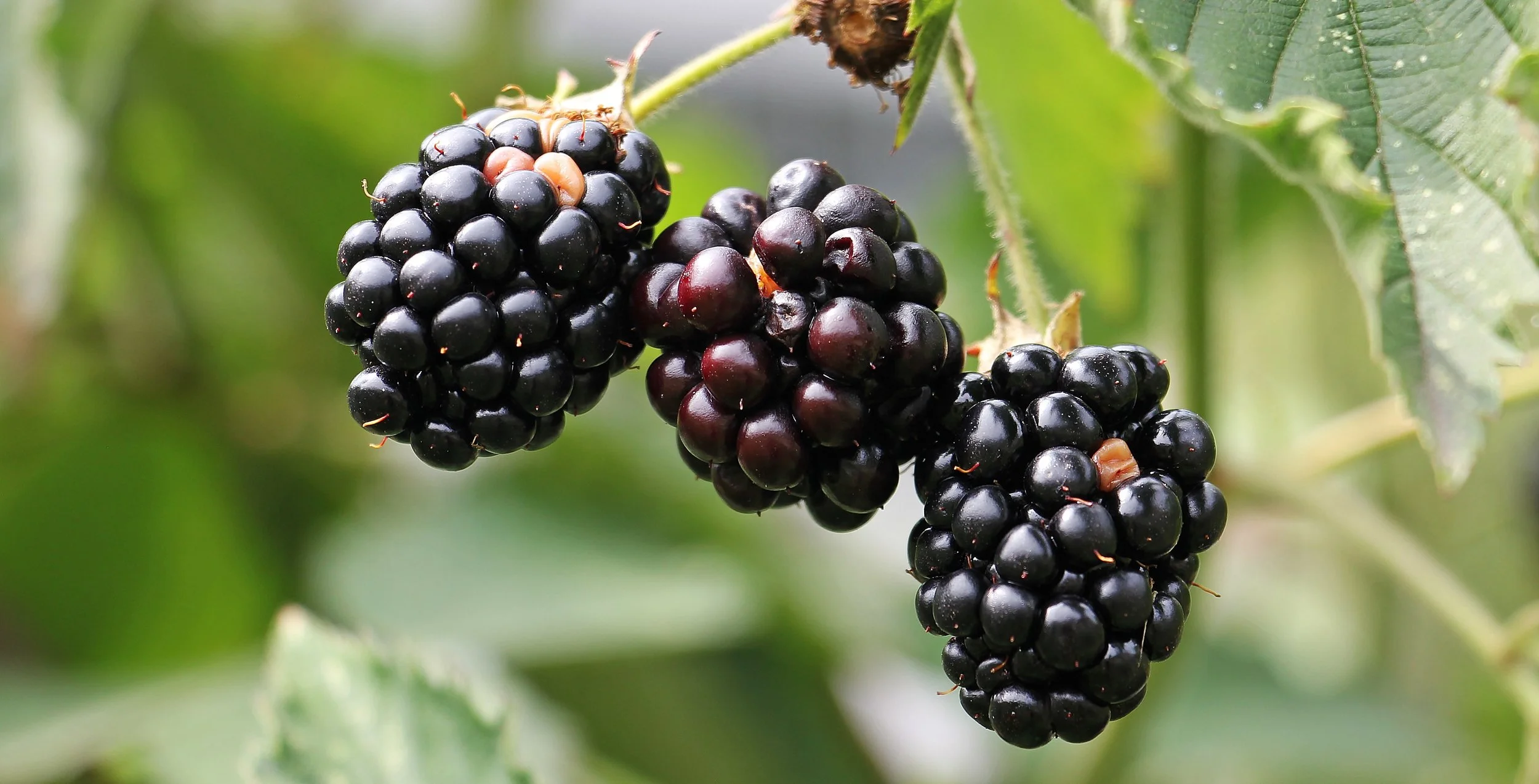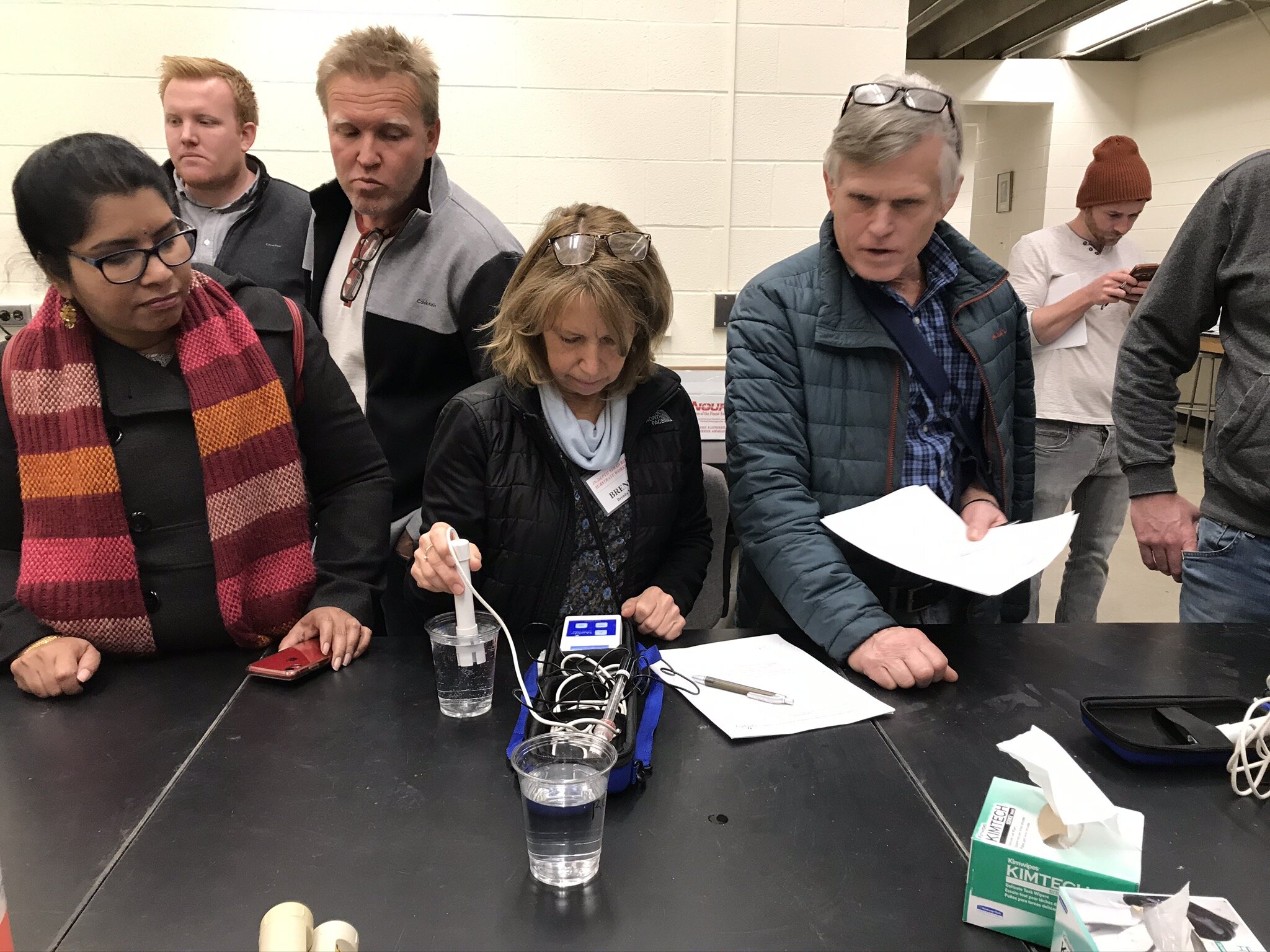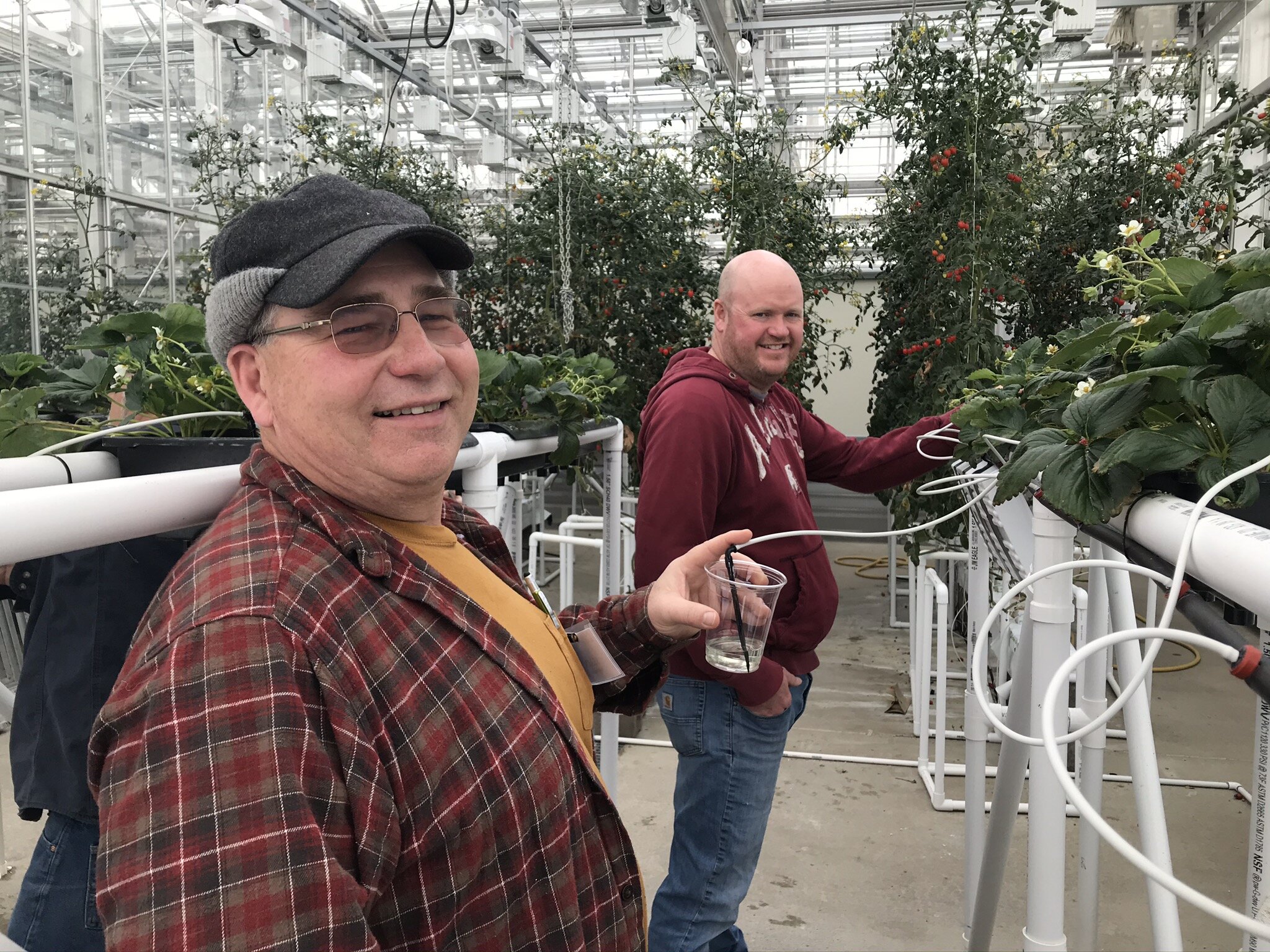By Katie Sheehan-Lopez, MPH, Regional Farm to School Coordinator, Cornell Cooperative Extension, Harvest NY
The Inaugural NY Farm to School Summit will take place in Syracuse, NY on November 21st and 22nd, 2024 with optional pre-summit field trips on November 20. The Summit will have sessions for all farm to school stakeholders including farmers and producers, food service directors, educators, school administrators, and more! The sessions will be wide-ranging and suitable for stakeholders just starting out in their Farm to School journeys, or those who have been working in the field for many years.
Trade Floor
To foster NY business-to-business relationships, Thursday, November 21 will feature a large trade show exclusively featuring:
Producers of NY products, where schools and other institutions can sample products.
Support service organizations designed to support Farm to School program development.
If you are interested in joining us on the trade show floor as vendor, check below for pricing tiers and stay tuned for information on registration. In the meantime, if you have questions about the trade show, please contact me directly at kms369@cornell.edu or 845-340-3990 x334.
Call for Workshop Proposals
We are also seeking proposals for high-quality educational workshops that allow for information sharing and peer-to-peer learning opportunities for all Farm to School stakeholders including farmers and producers, food service directors, educators, school administrators, and more. Workshops should be tangible, practical, and give attendees a call to action. They should also align with the summit theme: It Takes a Village: Cultivating Community in Farm to School. Please feel free to submit multiple proposals. If you have a great program you would like to share, find more information here. Proposals are due May 1.
Sponsorship
Sponsorship opportunities will also be available. More information will be coming soon.
This Summit is made possible thanks to USDA Federal Formula Funds and the NYS Education Department. Summit planning and development is being guided by a Steering Committee comprised of representatives from the following organizations: American Farmland Trust, Cornell Cooperative Extension Harvest NY, Julie Raway, NY Agriculture in the Classroom, NY Farm Bureau, NY School Nutrition Association, NYC Mayors Office of Urban Agriculture, NYS Department of Agriculture and Markets, NYS Education Department, Our Core
This project has been funded at least in part with Federal funds from the U.S. Department of Agriculture. The contents of this publication do not necessarily reflect the view or policies of the U.S. Department of Agriculture, nor does mention of trade names, commercial products, or organizations imply endorsement by the U.S. Government.














